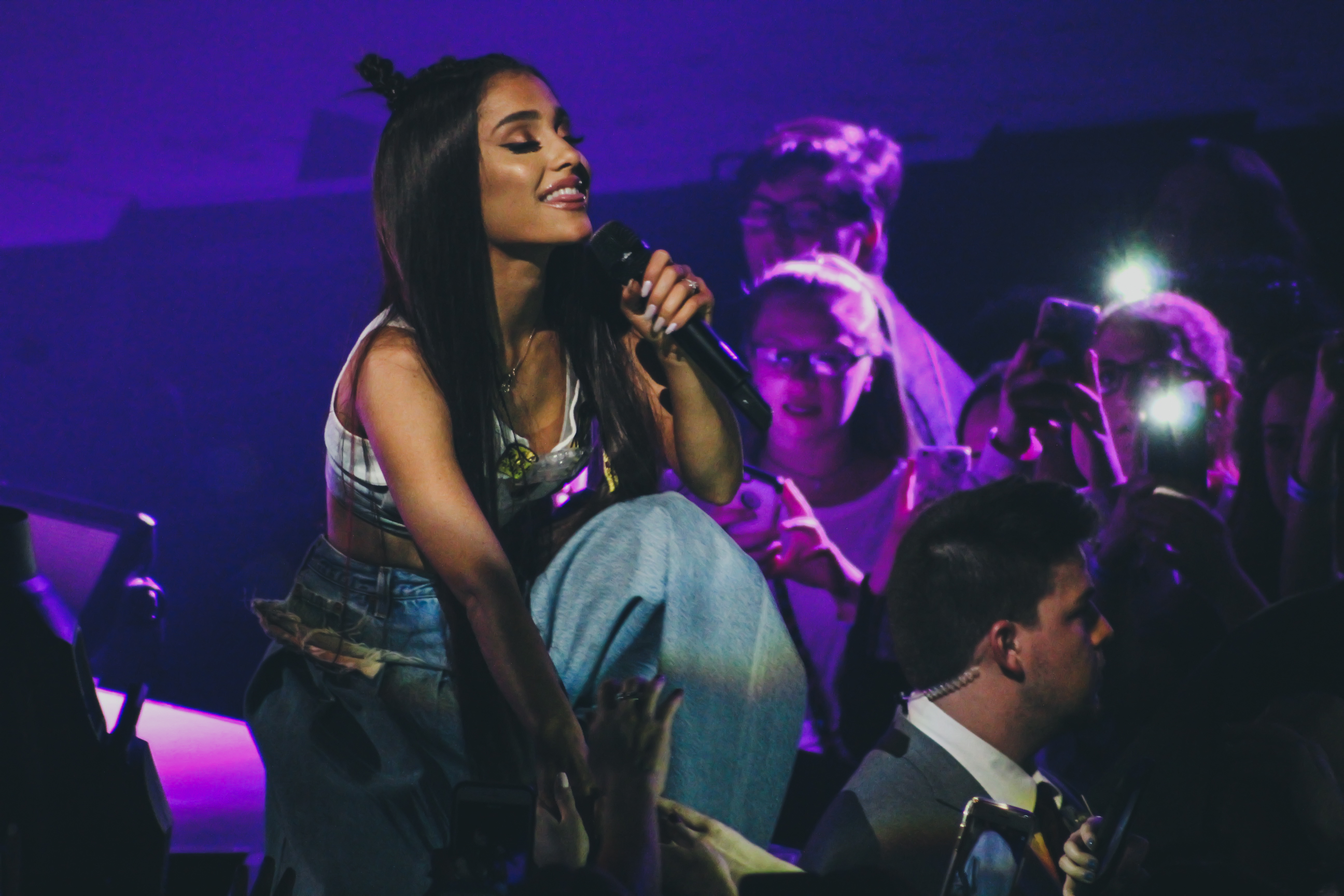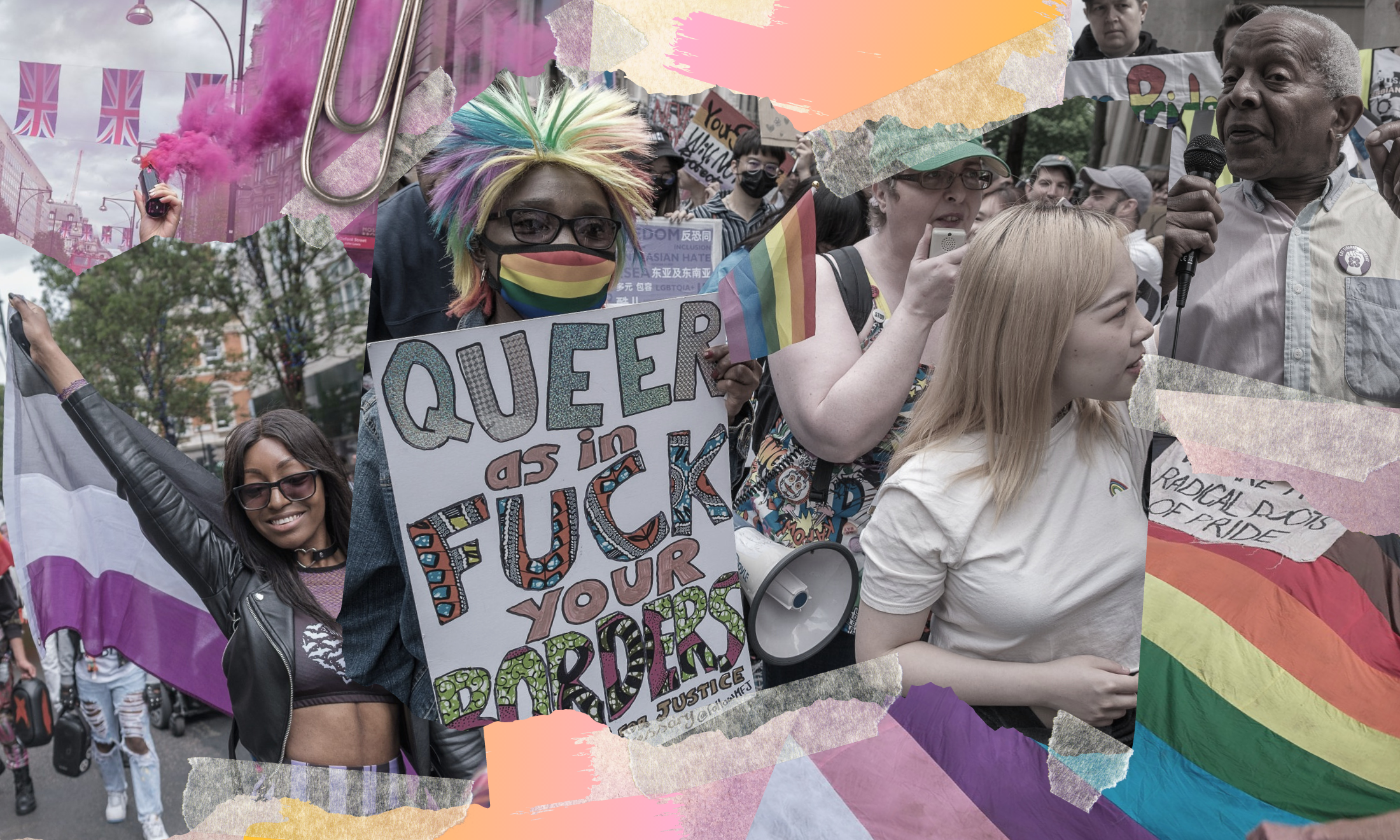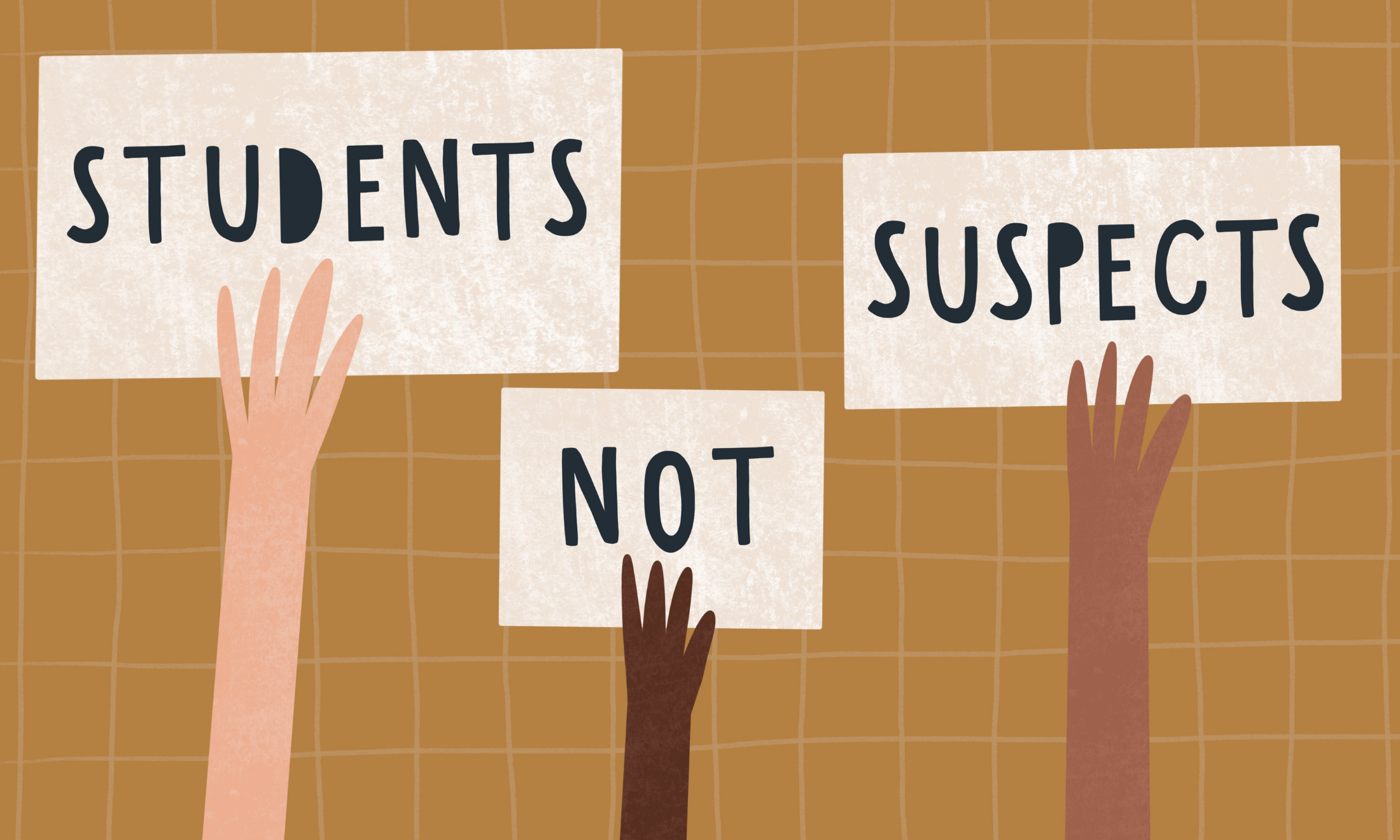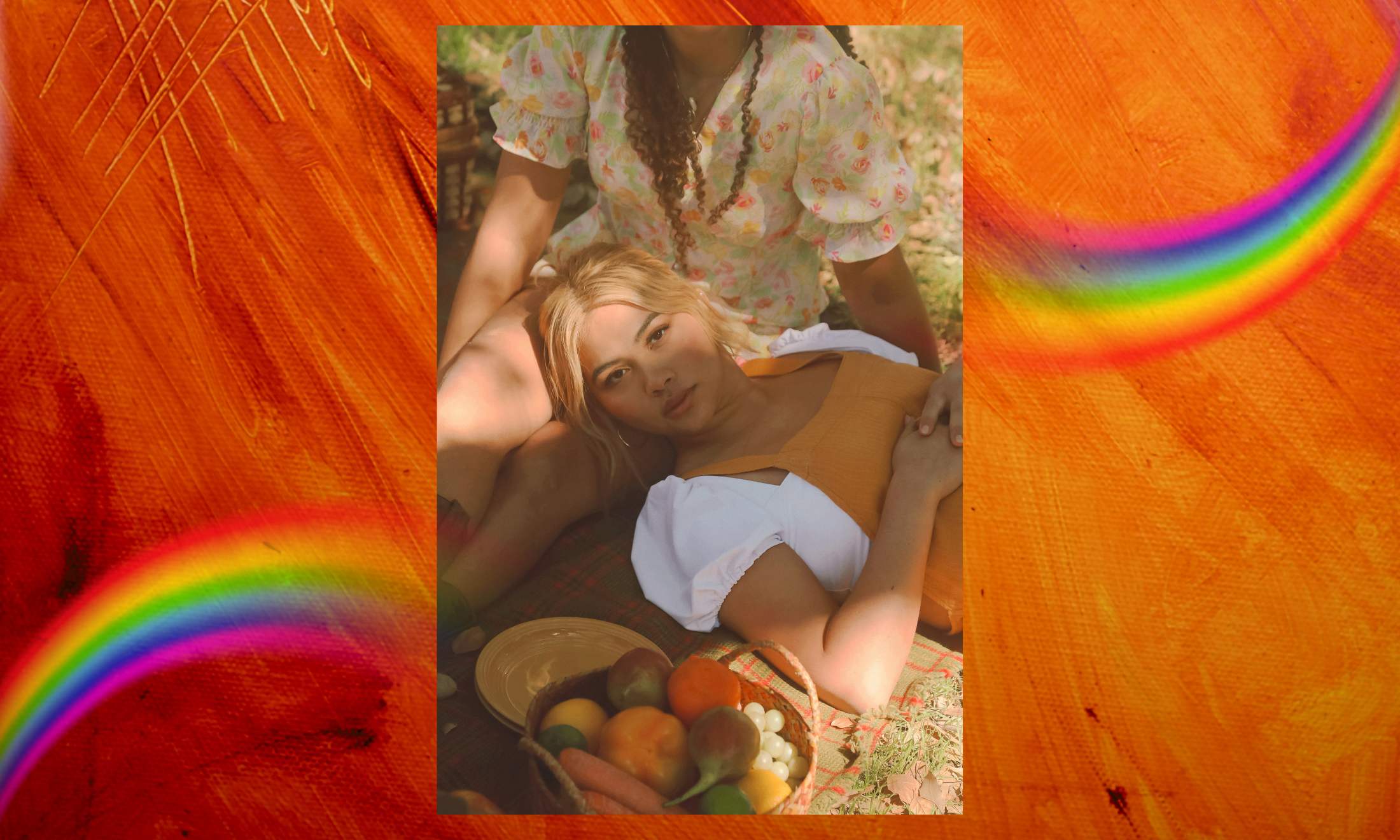
Photography Emma Sheehan
In 2019, controversy over Pride events is so mainstream I’m almost convinced it’s part of Manchester Pride’s marketing plan. Arguments about who should attend Pride and what it should mean are nothing new, and they seem to happen almost by rote. Pride was (or is, or should be) a protest, and its ever-increasing commercialisation only defangs what political power it might once have had. Pride is about inclusivity, coming together and celebrating as a “community”; everyone’s welcome and shouldn’t be priced out by the ticketing. Pride is about “mass visibility” and Ariana Grande is famous, so pay up.
Perhaps it’s for this reason that most of the thinkpieces about this year’s furore have have chosen instead to address Grande’s assumed heterosexuality – pointing out that many Pride headliners (and “gay icons” in general) are straight women, and in light of her particular relationship with Manchester she’s the right person to “lead the party”. Given the fact that both Dannii Minogue and Melanie C have headlined the event in recent years, this logic is hard to fault. This argument actually is so obviously true that it’s boring, because Ariana’s sexuality is neither the root of the issue nor can it be disentangled from everything else (and in fact, now that Ariana is publicly possibly-not-entirely-straight, the issue still remains). Rather, this year (as with every year) LGBT+ people, having had Pride relentlessly marketed as being “for us”, feel tremendously shafted when Pride really turns out to be “paying an arm and a leg to watch a heterosexual performance while probably surrounded by at least 40% straight people”.
The precursor to what is now Manchester Pride was once an organic community fundraising effort; at some point in the 80s, an annual jumble sale was established with the sole purpose of fundraising for HIV and AIDS causes. Things have changed since then. The Village is no longer the same kind of community it once was – young people now favour other, cheaper venues fragmented across the city, and even Pride itself is moving out this year to make way for property development. The animating existential threats of the HIV epidemic and Section 28 have largely given way to more covert modes of oppression, fractured along class, race, and other intra-community lines. And since 2007, “Manchester Pride Limited” has been registered as a charitable organisation in its own right, with the diverse objectives of “celebrating, fundraising, campaigning, and engaging”.
“The precursor to what is now Manchester Pride was once an organic community fundraising effort for HIV and AIDS causes in the 80s. Things have changed since then”
However, the main Pride event is still largely about fundraising – in other words, making a profit, albeit profit for a good cause. As such, it’s no wonder that LGBT+ people are beginning to feel exploited; in the end, profit comes from extraction, and we’re still the main targets. It’s this profit motive that stipulates the attempted privatisation of Gay Village streets, which on every other day of the year are public domain. But when market expansion is one of the fundamental tenets of capitalist growth, it’s also no wonder that Pride is becoming an increasingly attractive event for allies, people who like feeling progressive, and/or people who just like Ariana Grande.
If anything, what this year’s Manchester Pride does reveal is the sheer inefficiency of charity in this economy. With an operating budget of £2.2million, Pride 2017 raised a total of £161,000 for “good causes”. This is less than Ariana’s performance fee for this year’s event – a record high of £250k. What charity events like Pride are good at doing is getting money from people and organisations that otherwise would not care in the slightest. The parade, while free to attend, is probably the most disconcerting and contradictory part of Pride. It’s the part that most resembles the traditional form of a protest, particularly in the moments where local and community organisations walk past to a chorus of cheers. Of course, it also feels like watching a TV show where five-minute sections of the programme are interspersed with 30-minute blocks of adverts, sponsored by various banks and travel agents in search of the pink pound. The price of “coming together” to “celebrate” is the simultaneous uncomfortable feeling that you’ve really been brought together to facilitate Barclays’ “woke” marketing.
Finally, a confession: When Ariana Grande was first announced as Manchester Pride’s headline performer, I was immediately gripped by the impulse to shell out £70+ and go. This impulse was slightly embarrassing for two reasons. Firstly, despite my cynicism, Manchester Pride’s marketing strategy was clearly still able to play me like a fiddle. Mainly, however, I felt a bit strange because this thought process was almost exactly how I imagine legions of cis straight Ariana fans will end up at Pride this year. Despite being a proud lesbian I’ve never really enjoyed Pride, so while I was a bit disappointed by the news of the price hike, I also didn’t much care; I haven’t been for a while and didn’t really plan to. I really just want to go to an Ariana Grande gig.
“Market expansion is fundamental to capitalist growth, so it’s no wonder that Pride is increasingly attractive to allies, people who like feeling progressive, or people who just like Ariana Grande”
To be very honest, all my memories of Pride are marked by a certain sense of discomfiting alienation. I’ve long since stopped expecting the euphoria, freedom, sense of belonging or whatever it is that LGBT+ people supposedly should feel. It’s the usual bollocks, but it’s all true – Pride is overwhelmingly geared towards the cis, white, gay men in the mainstream, and on the condition that you can pay for it. (This becomes especially awful when enforcers of the hostile environment, in their infinite cruelty and ignorance, leverage “lack of attendance at Pride” as a reason why an LGBT+ asylum seeker cannot possibly be telling the truth.) Given the structural conditions of philanthrocapitalism, however, it’s hard to see why I should expect anything else. In terms of profitability, I don’t think – for example – “Chinese lesbian communist” is a market segment with particularly large purchasing power.
This is not to suggest that the organisers of Manchester Pride have no other choice. When ticket prices double in accordance with payment for the “biggest and best” stars, it’s possible that going smaller could be economically worthwhile as well as less financially exclusionary; after all, in 2000-01, the GayFest weekend was free to enter and raised over £190,000 for various charities. If we can do away with the false notion that attaching big names and big brands to Pride will somehow improve the lives of marginalised LGBT+ people, it becomes less and less clear why A-list performers should be worth pricing those same people out of Pride.
Nor should Ariana herself be completely absolved. In response to criticism on Twitter, she rejected any responsibility for the ticket price, stating that “manchester pride [sic] sets those rates, and they’re mostly out of [her] control”.
What she doesn’t point out is that her reported fee covers almost the entire “content” expenditure for Manchester Pride’s year-round activities in 2017, and is £100,000 more than the previous record payment offered to Kylie Minogue last year. It completely swallows the amount Manchester Pride has made available for grant funding in each of the past few years. As someone who considers herself at least an ally of LGBT+ people, and who does have a special relationship with the city, her reasons for wanting to perform are both obvious and sympathetic. But she cannot be completely ignorant of the relationship between star power and market rate. If she truly does want to “support this community”, I have one initial question: will she donate her £250,000 fee to groups and organisations that do directly support marginalised LGBT+ people?









